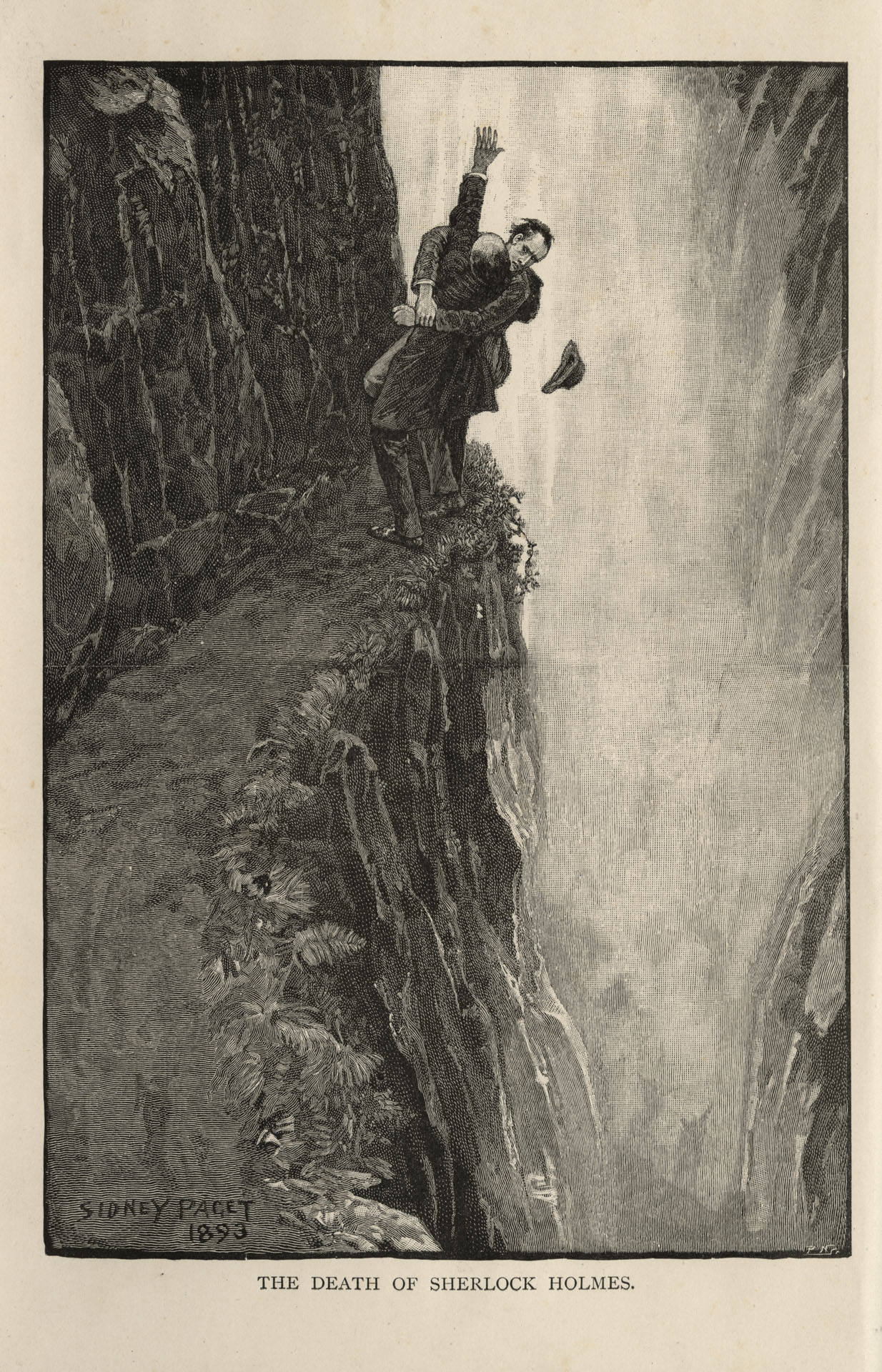Students displayed a wide range of topics during final presentations in this year’s Contemporary Ethical Issues class at the New Hampshire Technical Institute. Among the issues selected: capital punishment, patient confidentiality, stealing, bullying, and assisted suicide.

Sports ethics offered two students as media commentators interviewing three individuals caught in cheating scandals. Three students created a debate on gun control between a representative from the NRA and the mother of a victim of the Sandy Hook School shooting. Another group presented An Ethics Carol, where the Ghost of Ethical Integrity visits a shamelessly exploitive TV reporter and points out her lack of responsibility and respect.
The day ended with a game show-styled presentation.Jeopardy:Ethics Edition pitted two volunteer student players against one another in answering questions from a wide range of categories from Ethics Vocabulary to Social Media.
However, one presentation caught all of us by surprise due to its highly personal and dramatic story of Survival and Conflict Ethics.
“My name is Antoine Gisore,” his partner began. “I was born into the Banyamunge tribe in a very small village in the Democratic Republic of Congo.
“I faced very hard decisions when I was young during ongoing wars because the Congolese governments were trying to remove my tribe from the country. Even though I was a very young boy, I was responsible for my decision to live during the on-going conflict. During the Congolese wars, I survived three times by making my decision and being responsible.
“First, in 1998, Congolese soldiers came to kill Banyamulenge tribal people but I survived because I made decision to escape before the killing took place. A second time, my cousin Steven and I went to visit our relatives in another village. On the way back, Congolese soldiers made us carry their own baggage and my cousin refused to do it. I told him to carry the bags before it gets worse, because I cared about him.
“During the night of August 13, 2004 in a refugee camp, 168 people were killed and 300 were injured by Congolese government soldiers.
“In 1998 when I was eight-years- old, the government attacked our village in the province of Katanga. About 300 of Kabila’s soldiers came to my village. Several babies and a few adults died. I survived. The [soldiers] plan was to burn all the prisoners. I heard voices and the guns outside. I wriggled through the fence, surviving by running into the woods where I found my family and some friends. Some days we had nothing to eat. We walked two weeks from Moba to Kalemie. More than 200 old people and babies died, I survived because of God.
“Over the year, soldiers continued to attack in the areas we had moved to. They took money, stole clothes and forced labor: my cousin Steven and I were stopped while trying to get back to school. We had been walking, carrying own baggage for several days to reach public transportation. After we had been on the road for three days, we were stopped by soldiers and commanded to carry the soldier’s baggage. We tried to make the soldiers understand that we had our own baggage to carry, but we were told we would be killed if we refused.
“In 2004, the Congo government and the rebels and Tutsi people signed a peace treaty and agreed to work together. That was the end of the first war. One year later, the second war started in the city of Bukavu. The Hutu government soldiers fought with the Tutsi people. The government began to kill Tutsi civilians in Bukavu, the neighboring country. We thought it was safe there. We were in a famous refugee camp, called Gatumba.
“On August 13, 2004 at 10 pm, I was inside with my friends and saw many people coming though to the camp from the direction of the Congolese border. Five minutes later, we heard guns in our camp and saw fire, I heard people screaming.
“In less than 3 hours, 168 Tutsi people were killed, some were burned with gasoline. I survived because I ran through to the woods when I first heard guns. That time my cousin lost his father and two brothers in the Gatumba massacre.
“After 6 months, the United Nation came to research the massacre. A year later, we were accepted to come to the United State of America.”
After going through his story, Antoine’s partner summarized the ethical decisions this man had to make as a ten-year-old boy:
- The decision to escape from the fighting, and leave your tribe.
- Antoine had a personal responsibility to get out and save himself.
- This decision was not to engage the enemy, practice self-restraint.
- Coming home from school, Antoine and his cousin passed some soldiers. The soldiers told them to carry their supplies.
- Antoine and his cousin said “No,” and stood up for themselves.
- One soldier hit Antoine with a stick and gave them an ultimatum: help or die.
- Antoine told his cousin that it’s better to live another day, than to die.
In a slide entitled, Ethical Reflection, the student summarized,
- By telling his cousin that he should just do as the soldiers asked, Antoine was honest and explained what would happen if they didn’t carry the bags.
- This wartime conflict affected Antoine and his cousin by changing the way they did things in order to continue living.
- Antoine’s cousin needed to trust Antoine to do the right thing in order to survive.
This simple, yet moving story was followed by an unexpected moment of silence from the entire class. As one student quietly said, “It really puts all of our own issues into the proper perspective.”
My thanks to Professor Stephen Ambra and the class of 2013: Brennan, Nick, Kaitlin, Emily, Derek, Shannon, Shannon, Carissa, Ken, Cody, Samantha, Garrett, Garett, Jill, Demetrius, Linda, Christie, Dale, Sara, Robert, Michelle, Nancy, Kerri, Stephen, Megan, Lexy, Vince, Ron, Brad, Stephanie, Haley, Anthony, Jade, Josh, Eric, Rachel, Melissa and Antoine.
Thanks to ALL of you for your candor, and willingness to share your stories as well as your insights with both Steve and myself.
Comments









